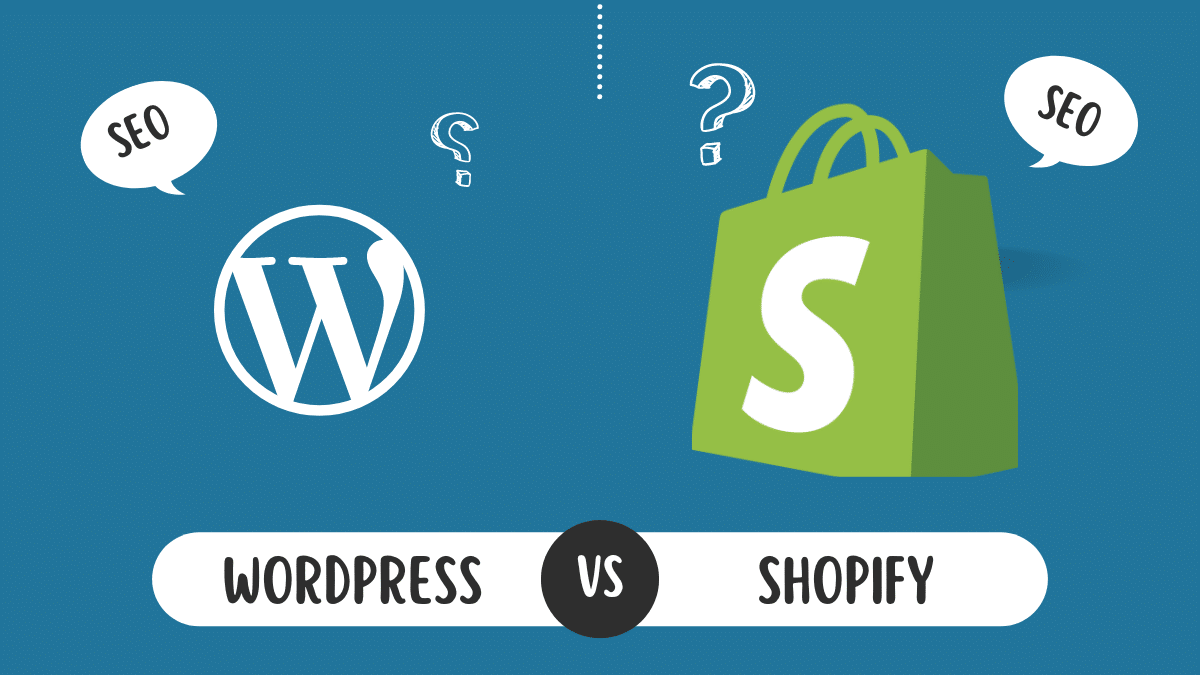In the modern-day and age of speed and technology, conventional advertising is not enough. People do not want to be sold- they want to be informed, inspired and entertained. That’s where content marketing comes in. It is not a fad but an effective approach that is totally changing the way businesses interact with their audiences.
As a small business owner, a marketing professional, or just someone interested in modern marketing trends, learning about content marketing can prove to be a great advantage. So how is content marketing transforming the game?
What Is Content Marketing?
Content marketing is a marketing technique of creating and distributing valuable, relevant and consistent content to attract and retain a clearly defined audience and, ultimately, to drive profitable customer action.
Content marketing is trust-building as opposed to traditional advertising, which promotes a product. It includes blog posts, videos, social media, podcasts, infographics, emails, and others, all of which are meant to educate or entertain but stay in line with the mission of the brand.
Why Content Marketing Matters More Than Ever
People Are Tired of Ads
Consider your habits: How many times do you avoid YouTube ads or use ad blockers on your web browser? You’re not alone. The average American is exposed to thousands of ads every day and we have learned to tune them out.
Content marketing offers a solution. Rather than interrupting, it can attract people with something of use to them, such as how-to guides, inspirational stories, or helpful tips.
It Builds Trust and Credibility
Content marketing assists brands in forming a kinship with their audience in the course of time. By continuously offering useful or entertaining information, a company will be able to be regarded as a reliable source by consumers.
To illustrate, a fitness company that posts workout ideas or healthy food recipes on a regular basis has a higher chance of attracting a faithful following as compared to the one that only conducts sales promotions.
How Content Marketing Is Changing Business Strategies
From Selling to Helping
Marketing nowadays is not about selling a product but rather about the solution of problems. Companies are changing their slogans, instead of saying, “Buy this now!” they are saying, “Here is how this can benefit you.”
Brands that invest in content marketing are positioning themselves as helpful partners as opposed to salespeople. Such a strategy produces customer loyalty and increased lifetime value in the long-term.
The Rise of Personalization
With the help of such tools as AI and customer data platforms, content marketing is getting more personal than ever. Businesses are able to customize the content according to various segments depending on the age, location, interests, or purchasing pattern.
For example:
- A real estate agent may forward first-time homebuyer advice to the younger subscribers.
- A beauty brand can provide skin tone or preference-based makeup tutorials.
This customized experience makes the customers feel seen and understood, which are essential elements of brand loyalty.
Content Is Fueling SEO
Search engines reward quality content. Blog posts, videos or articles with relevant topics published regularly by brands tend to rank better in search results.
In other words, content marketing boosts visibility online. Rather than invest in ads, companies can obtain organic traffic by creating useful, optimized content that can answer the questions of the users.
Platforms Changing the Game
Social Media
Social media platforms such as Instagram, Tik Tok, and LinkedIn are effective platforms to share content.
They allow brands to:
- Engage directly with followers
- Share behind-the-scenes content
- Go viral with short, creative videos
The informal aspect of social media also brings brands closer to people.
Email Marketing
Email is a very useful content marketing tool.
With the right strategy, businesses can:
- Send targeted content
- Promote new blog posts or products
- Share exclusive offers
It’s personal, direct, and perfect for building deeper relationships.
Video Content
Video content is exploding in popularity. Whether it is YouTube tutorials, Tik Tok tricks, or any other form of educational video, people enjoy learning and being entertained in the form of a video.
Recent researches have shown that more than 90 percent of American internet users view video content every week.
That’s why more brands are investing in:
- Product demos
- Behind-the-scenes footage
- Customer testimonials
Video personalizes your business and provides information in a fast and easy-to-remember way.
Real-World Examples of Content Marketing Success
HubSpot
The marketing software company HubSpot expanded into a multi-million dollar business in large part due to content marketing. They have a blog that gives free tips on how to sell, market and serve the customers which has earned them millions of readers and has transformed many of them into paying customers.
Nike
Nike doesn’t just sell shoes—they tell powerful stories. Their texts are frequently focused on the examples of athletes who overcame hardship or social problems This approach builds emotional connections and brand loyalty.
Glossier
The beauty brand Glossier uses user-generated content, customer stories, and behind the scenes glimpses to make their audience feel like they are a part of a community. Their success proves that authenticity wins.
The Future of Content Marketing
AI and Automation
AI is allowing brands to create, personalize and distribute content at scale. ChatGPT, Grammarly, and Canva are some of the tools which can assist marketers to come up with ideas, write quickly, and design attractive graphics.
Voice Search and Smart Devices
Voice search optimization will be essential as more people turn to use Alexa or Google Assistant. Content should also be made simple and conversational and should be made in a way that people speak rather than just the way they type.
Interactive Content
Quizzes, polls, and interactive infographics are becoming more popular. They increase interaction and keep your users longer with your brand.
Key Takeaways
- Content marketing focuses on helping, not selling.
- It builds trust, boosts SEO, and increases brand loyalty.
- The leading platforms to deliver content are social media, email and video.
- Personalization and authenticity are key to success.
- The future of content marketing is filled with AI, voice search, and interactive tools.






